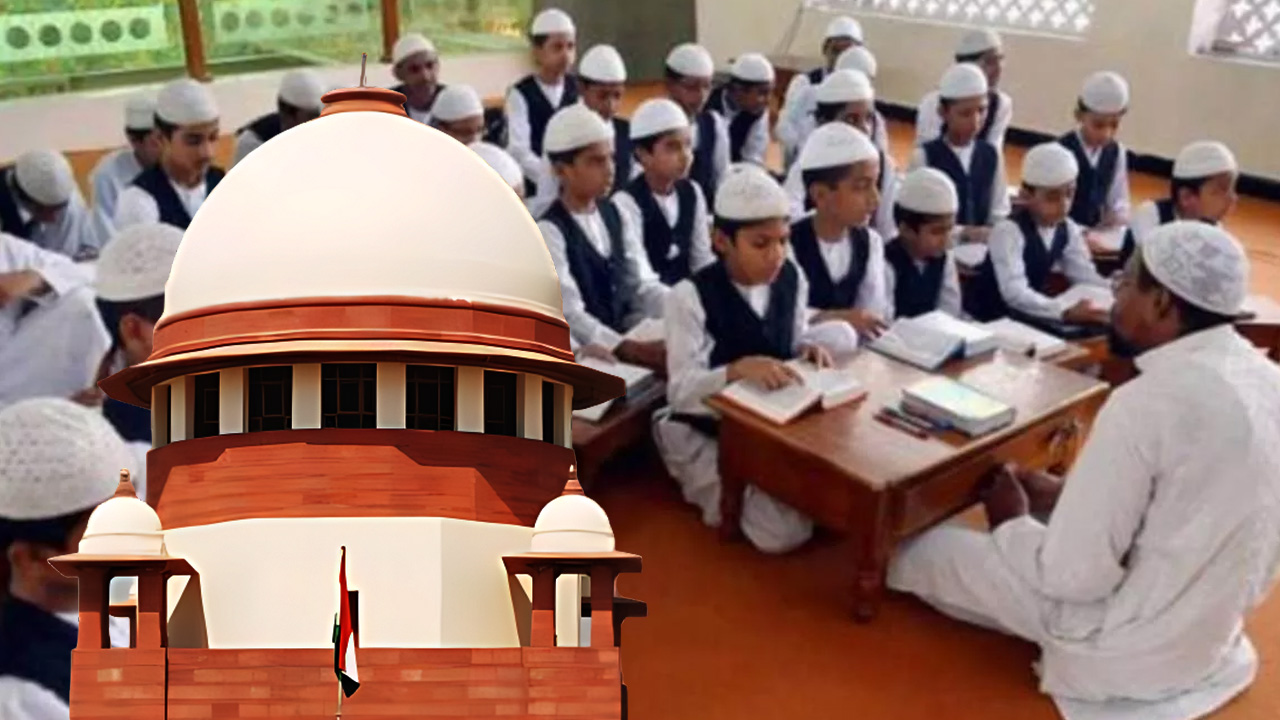 |
|
The Supreme Court of India is currently deliberating over a significant legal challenge to the 'Uttar Pradesh Board of Madarsa Education Act 2004.' This Act, aimed at regulating Madarsas in the state, was declared unconstitutional by the Allahabad High Court in March 2023. The Court has reserved its judgment on a batch of petitions seeking to overturn this verdict.
The crux of the debate hinges on the delicate balance between secularism and religious freedom in India. Petitioners argue that striking down the entire Act, effectively rendering Madarsas unregulated, would be detrimental to the educational rights of minority students. The Supreme Court, in turn, questions the selective focus of the National Commission for Protection of Child Rights (NCPCR) on Madarsas, while seemingly overlooking similar institutions across other religious communities. The CJI stresses the need for a balanced approach, emphasizing the importance of 'live and let live' in a diverse nation.
The arguments presented before the Court highlight the complexities of regulating religious institutions within a secular framework. Petitioners contend that the Madarsa Act seeks to ensure basic educational standards, not impose religious instructions. On the other hand, intervenors opposing the Act argue that it promotes ghettoization, preventing Madarsa students from integrating into the mainstream. The Court grapples with these opposing views, acknowledging the concerns about quality education but also cautioning against discarding the Act entirely. The Court's judgment, once delivered, will have far-reaching implications for the future of Madarsa education and the broader issue of religious institutions within India's constitutional framework.
The case underscores the ongoing challenges of navigating a secular society with a diverse array of religious practices and institutions. It raises crucial questions about the role of the state in regulating religious education, balancing the right to religious freedom with the need to ensure quality education for all children. The Supreme Court's decision will be closely watched by educators, religious leaders, and citizens alike, as it shapes the legal landscape for religious institutions and education in India.
